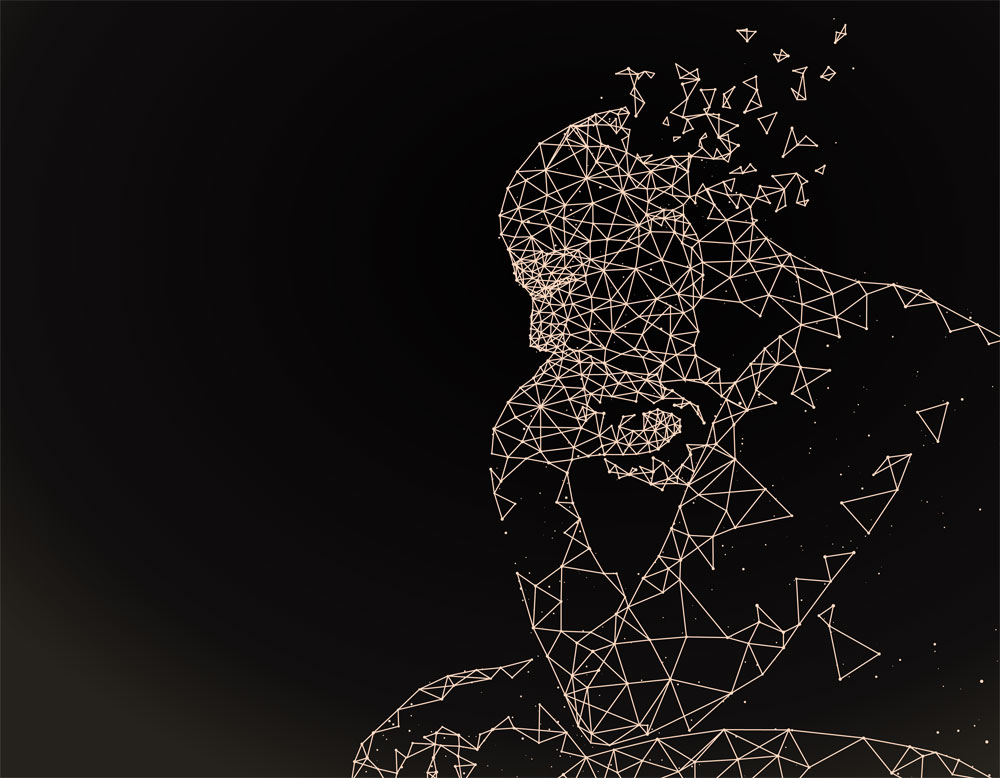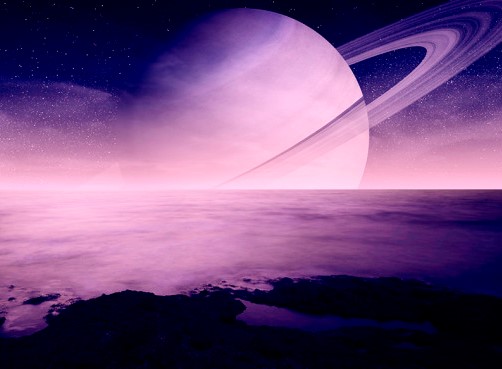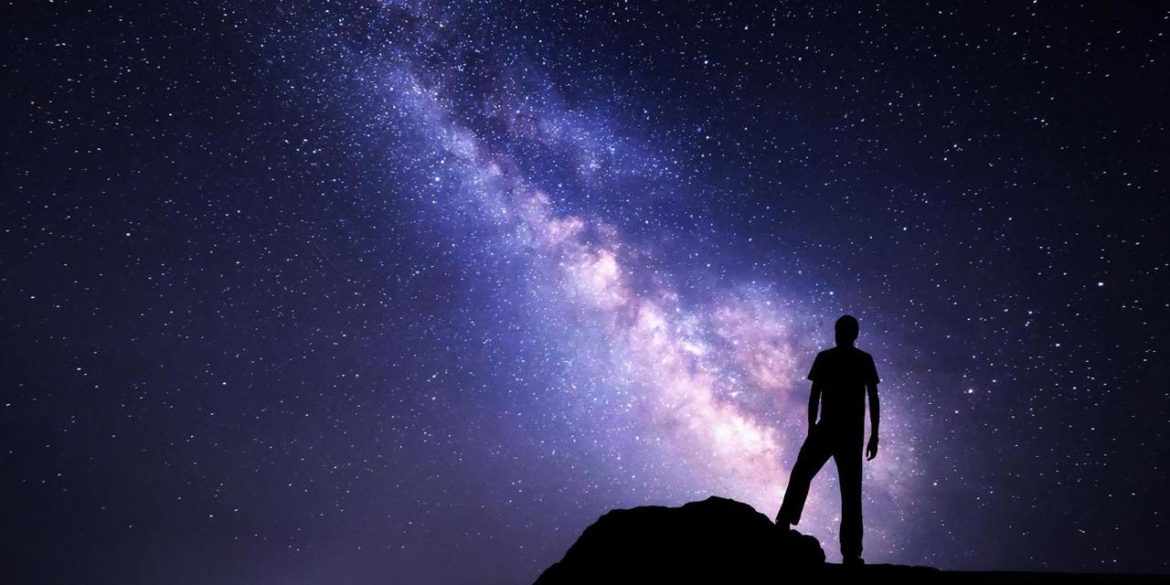Philosophy needs to break science’s taboo against any form of teleology, which broadly speaking is the study of evidences of intent and design in nature.
Cosmic and terrestrial evolution clearly has a direction toward greater complexity, including evolving brains such as ours, however much randomness is involved in the process.
The modern taboo against teleology arose from three basic sources: the notion that design has to imply a Designer, a separate Creator and God; the idea of an end, goal and purpose; and the belief that humans are the end and purpose of creation.
There is another way to view teleology however, stripped of final goal, ultimate causation and juvenile anthropocentrism.
 Is there an intrinsic intent in cosmic evolution? Is there an inseparable, immanent intelligence in nature and the universe?
Is there an intrinsic intent in cosmic evolution? Is there an inseparable, immanent intelligence in nature and the universe?
Other than the so-called problem of evil, these are, I submit, the most difficult questions in philosophy. All the more so since the vast majority of philosophers don’t even consider them valid questions at all.
The question of intrinsic intent is not the same as Aristotle’s idea ‘that things develop toward the realization of ends internal to their own natures’—the old philosophy of forms and formal causes.
That said, viewing biological organisms and their parts as complex machines is as much a product of human projection as viewing them in terms of design and Designer.
Let’s begin by discarding ideas of final forms, as well as all ideas of a separate Creator. Then, human beings who completely quiet the mind as thought and intellect, and awaken awareness of immanence, may ask the question: Is there an intrinsic intent in the universe to evolve brains with capacity for communion with indivisible Mind?
I feel there is. Further, that conscious, symbolic thought is the threshold that gives the brain on this or any planet that capacity. Paradoxically however, because the power of thought and the intellect are so great, they become the greatest impediment to realization of the cosmic intent.
Brains such as ours have the capacity for the state of insight, but insight must first end the contradiction inherent in symbolic thought itself. That is, thought separates, when life is whole.
Humans are certainly not the only lifeforms in the cosmos capable of high science and technology, and the latent capacity for insight to use them wisely. Almost certainly, given the right conditions and enough time, life evolves potentially intelligent creatures like us.
The question becomes: why is thought, which is an essential stage in the emergence of true consciousness, such an impediment to the realization of true consciousness?
Put another way, if the human brain and any brain of similar capacity in the universe is, through evolutionary exaptation, a potential vehicle for the cosmic consciousness, why is realization so rare? Indeed, why is humankind still heading in a destructive direction and destroying this planet and itself?
I propose that wherever the conditions for the evolution of life endure long enough for potentially intelligent species to emerge, it goes through the same crisis of consciousness we humans are now so painfully enduring on Earth.
In short, the existentially mistaken psychological carryover of symbolic thought is inevitable, and ineluctably leads to increasing division, fragmentation and suffering.
Even so, humans seem to be an especially pigheaded potentially intelligent species. Our fate turns on whether Homo sap is utterly incorrigible, or enough of us can begin un-learning conditioning and ignite insight for Homo sapiens to change course.
As of this writing, astronomers have located thousands of extraterrestrial planets. None look habitable for life, as we know it. (Let’s presume for the moment that life requires liquid water.)
Microbial life may be quite common, and may well be found on Mars, or Europa, one of Jupiter’s moons, or Enceladus, one of Saturn’s moons. But undoubtedly complex life is rare.
So rudimentary life is probably common, but complex life, much less potentially intelligent life (so far humankind hasn’t crossed the threshold to intelligent life) with the capacity for cosmic consciousness, is undoubtedly very rare.
And intelligent life, grounded in wholeness rather than generating increasing fragmentation as we humans are, must be exceedingly rare.
That would mean the universe has a lot invested in potentially intelligent creatures with brains such as ours.
The question is, can enough human beings have a deep enough insight into symbolic thought to make the leap to intelligent life?
Martin LeFevre

